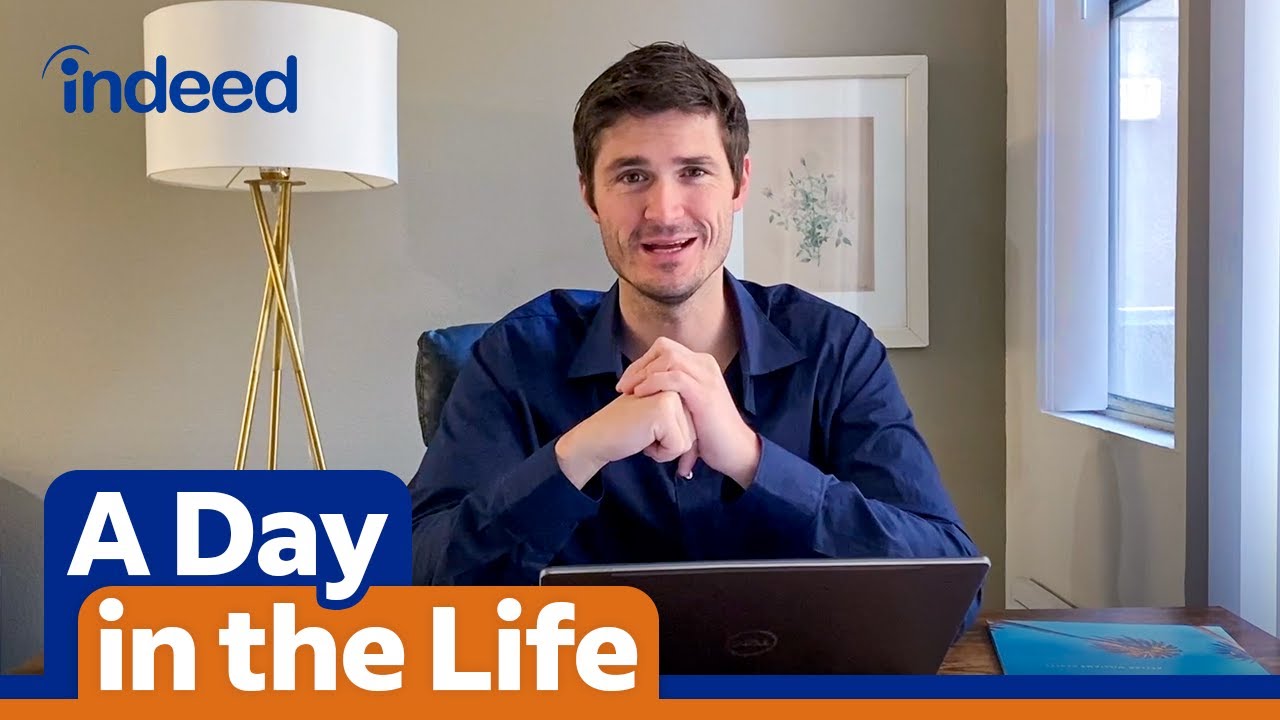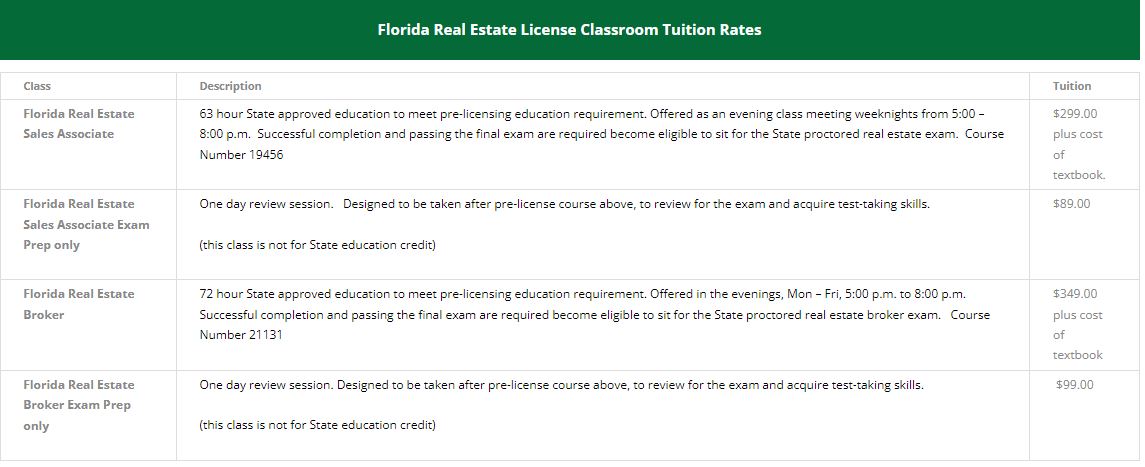
You can improve your chances of success, regardless of whether you're new or an experienced agent. Attend open houses and talk to other agents about how the market works. You should also research MLS data to find homes in towns that are a good fit for you.
Part-time work is a good option if you plan to be a full-time real estate agent. This will enable you to work on your business while also earning an income. While part-time jobs are not for those who work after hours, they can provide a steady source income for six to twelve months.
If you're interested in working for a real estate team, you'll be able to receive coaching and access to clients. However, if you're just starting out, you should be prepared for some slow sales. You should also make sure to keep your expenses low until your business is up and running.

You can also choose to invest in training programs that will help you develop the skills you need. Depending on your skill level, you should choose a program that offers a variety of classes. A program that offers pre-licensing training is a good option for someone who is new to the industry. This will give a good overview of the industry, and help you understand how to approach it.
You need to find a mentor, coach or person who can help you. A mentor or coach can help you navigate the challenging transition to the real estate industry. Online search can help you find expert content platforms that will assist with your learning the intricacies of the real-estate industry.
You will need a license depending on where you live and what state you are in. Other costs include exam fees, lock boxes and business cards. This can add up to a few thousand dollars in the first year.
Your real estate business should have an online presence. A majority of companies will give you an online presence, but you need to use social media to market your services. You will need to create some materials and then publish them online. You should also contact local market movers to learn about what's happening in the market.

You need to have a strong sense and purpose in order to succeed. You should not compare yourself with others and instead work on yourself. This will allow you to thrive in any market.
You'll need to be a master at reading contracts. You will also need to be able to communicate with brokers and other real-estate professionals. A positive outlook and good social skills are essential. This is particularly important if you are going to be working with many people.
FAQ
What is a Reverse Mortgage?
Reverse mortgages are a way to borrow funds from your home, without having any equity. It allows you access to your home equity and allow you to live there while drawing down money. There are two types to choose from: government-insured or conventional. A conventional reverse mortgage requires that you repay the entire amount borrowed, plus an origination fee. If you choose FHA insurance, the repayment is covered by the federal government.
How much will it cost to replace windows
Window replacement costs range from $1,500 to $3,000 per window. The cost of replacing all your windows will vary depending upon the size, style and manufacturer of windows.
Should I rent or own a condo?
Renting may be a better option if you only plan to stay in your condo a few months. Renting can help you avoid monthly maintenance fees. A condo purchase gives you full ownership of the unit. The space is yours to use as you please.
Statistics
- It's possible to get approved for an FHA loan with a credit score as low as 580 and a down payment of 3.5% or a credit score as low as 500 and a 10% down payment.5 Specialty mortgage loans are loans that don't fit into the conventional or FHA loan categories. (investopedia.com)
- When it came to buying a home in 2015, experts predicted that mortgage rates would surpass five percent, yet interest rates remained below four percent. (fortunebuilders.com)
- This means that all of your housing-related expenses each month do not exceed 43% of your monthly income. (fortunebuilders.com)
- Based on your credit scores and other financial details, your lender offers you a 3.5% interest rate on loan. (investopedia.com)
- 10 years ago, homeownership was nearly 70%. (fortunebuilders.com)
External Links
How To
How to Manage a Rental Property
It can be a great way for you to make extra income, but there are many things to consider before you rent your house. We will show you how to manage a rental home, and what you should consider before you rent it.
If you're considering renting out your home, here's everything you need to know to start.
-
What is the first thing I should do? Before you decide if your house should be rented out, you need to examine your finances. If you have debts, such as credit card bills or mortgage payments, you may not be able to afford to pay someone else to live in your home while you're away. Your budget should be reviewed - you may not have enough money to cover your monthly expenses like rent, utilities, insurance, and so on. It might not be worth the effort.
-
How much does it cost for me to rent my house? There are many factors that go into the calculation of how much you can charge to let your home. These include things like location, size, features, condition, and even the season. Keep in mind that prices will vary depending upon where you live. So don't expect to find the same price everywhere. Rightmove reports that the average monthly market price to rent a one-bedroom flat is around PS1,400. This would translate into a total of PS2,800 per calendar year if you rented your entire home. It's not bad but if your property is only let out part-time, it could be significantly lower.
-
Is it worth the risk? It's always risky to try something new. But if it gives you extra income, why not? Before you sign anything, though, make sure you understand exactly what you're getting yourself into. Your home will be your own private sanctuary. However, renting your home means you won't have to spend as much time with your family. Make sure you've thought through these issues carefully before signing up!
-
Are there any advantages? So now that you know how much it costs to rent out your home and you're confident that it's worth it, you'll need to think about the advantages. You have many options to rent your house: you can pay off debt, invest in vacations, save for rainy days, or simply relax from the hustle and bustle of your daily life. It is more relaxing than working every hour of the day. You could make renting a part-time job if you plan ahead.
-
How do I find tenants Once you've made the decision that you want your property to be rented out, you must advertise it correctly. Make sure to list your property online via websites such as Rightmove. Once potential tenants contact you, you'll need to arrange an interview. This will enable you to evaluate their suitability and verify that they are financially stable enough for you to rent your home.
-
What are the best ways to ensure that I am protected? You should make sure your home is fully insured against theft, fire, and damage. You'll need to insure your home, which you can do either through your landlord or directly with an insurer. Your landlord will typically require you to add them in as additional insured. This covers damages to your property that occur while you aren't there. This does not apply if you are living overseas or if your landlord hasn't been registered with UK insurers. In this case, you'll need to register with an international insurer.
-
It's easy to feel that you don't have the time or money to look for tenants. This is especially true if you work from home. Your property should be advertised with professionalism. Post ads online and create a professional-looking site. Additionally, you'll need to fill out an application and provide references. While some people prefer to handle everything themselves, others hire agents who can take care of most of the legwork. Either way, you'll need to be prepared to answer questions during interviews.
-
What happens once I find my tenant You will need to notify your tenant about any changes you make, such as changing moving dates, if you have a lease. Otherwise, you can negotiate the length of stay, deposit, and other details. It's important to remember that while you may get paid once the tenancy is complete, you still need to pay for things like utilities, so don't forget to factor this into your budget.
-
How do I collect my rent? When it comes time for you to collect your rent, check to see if the tenant has paid. If your tenant has not paid, you will need to remind them. Before you send them a final invoice, you can deduct any outstanding rent payments. If you're having difficulty getting hold of your tenant you can always call police. If there is a breach of contract they won't usually evict the tenant, but they can issue an arrest warrant.
-
How can I avoid problems? While renting out your home can be lucrative, it's important to keep yourself safe. Install smoke alarms, carbon monoxide detectors, and security cameras. Also, make sure you check with your neighbors to see if they allow you to leave your home unlocked at night. You also need adequate insurance. Do not let strangers in your home, even though they may be moving in next to you.